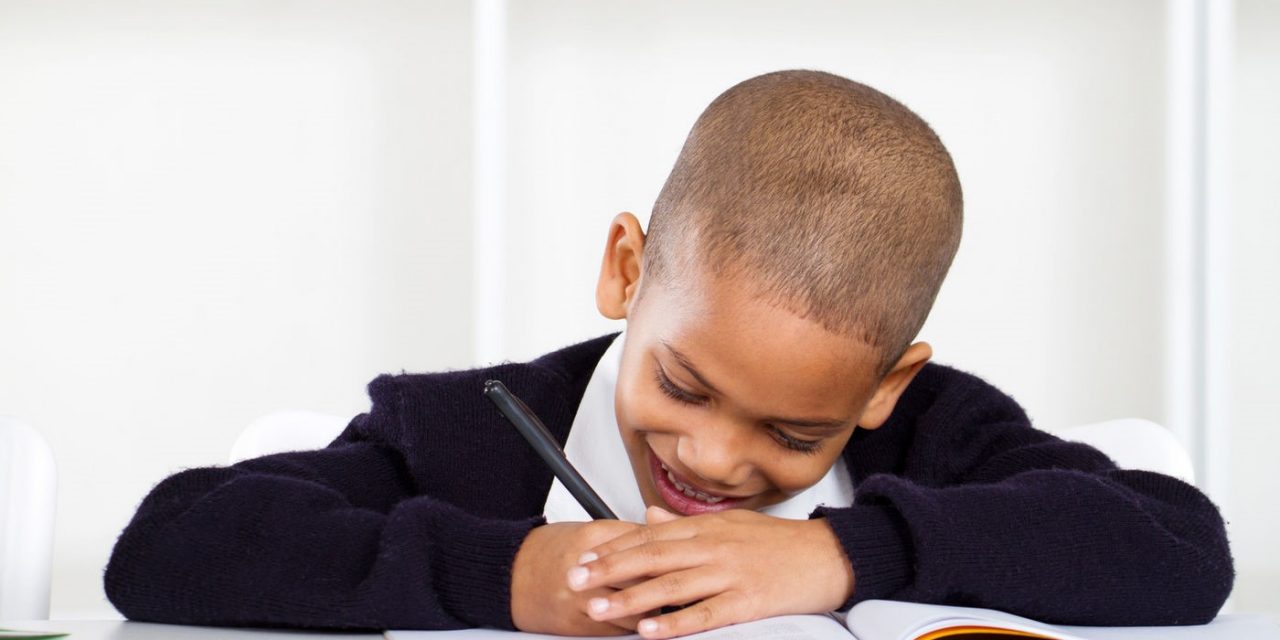Good study habits are just like any other skill: with enough time and effort, anyone can develop them. Of course, not all children have a knack for studying; some will have a much harder time building that habit. Don’t worry; it’s natural that kids would rather want to go outside and play.
However, that is where you come in. As a parent, you need to be there for your children and help them develop their study habits. To help you with this, we have prepared five tips. So, let’s begin.
Organisation comes first
Like with everything in life, creating a plan comes first. Building a study habit is more than just forcing your kids to do homework. You need to create a structure and set up a study schedule. Also, don’t expect your kids to come up with a study plan on their own.
After all, you are the grown up here, and you need to figure out how much time they should set aside for studying. Of course, consult with them when creating this schedule. By letting your children decide when the study hours are, they will have a much easier time getting used to the schedule. Once you have the schedule laid out, make sure they always stick to it. This is the only way to build a long-lasting habit.
Learn how to use notes
Every Aussie student should learn how to use notes during class. Many parents think that this skill isn’t needed until college. However, if your children don’t learn how to use notes in high school or before, by the time they enroll at the University of Melbourne, they will have hard time following classes.

So, start early. For example, while preparing for the Western Australian Certificate of Education final exam, you should encourage your children toward easy-to-use WACE notes. There is no point in creating complex and incoherent notes, as they will only make studying harder. If you wish to get a better understating of how notes should look like, websites like Thinkswap will help you do just that.
Take away distractions
Next, you should remove all distractions from the study room. TVs, gaming consoles, computers, and smartphones are just some of the many distractions that you should ban during study hours. The ideal solution is to create a separate study room that has no distractions. However, if you don’t have enough space for such a thing, you will have to keep an eye on them. Hopefully, your kids are responsible, so you are not forced to hide their phones while they are studying.
Be there to help
Remember, building a study habit is a team effort. Studying is not easy, especially at an early age. So, be a good parent and be there for your children. If they are stuck on some math problem, make sure to sit down with them and work on it until they truly understand how you got to the solution.
Of course, don’t just do their homework for them. Your kid needs to be the one to come up with the solution; you are just there to guide them to it. Also, be patient. You want to teach your kids to approach problems calmly. Otherwise, if you are lashing out at them, they will just feel more nervous when a problem is in front of them.

Nobody is born knowing everything
Finally, teach your kids that not knowing something is nothing to be ashamed of. Children are often embarrassed to admit when they don’t know something. So, remind them that nobody is born knowing everything.
If they come across a problem, encourage them to ask for help from teachers, you, and even classmates. Don’t forget that developing problem-solving skills is an essential part of building healthy study habits. If required, get them to become a part of online innovative programs for kids in Canada (if that is where you live), where they can learn more new things and can even get their doubts cleared instantly. Remember that getting their doubts cleared is immensely important. Only then they will like to proceed forward. If they don’t know how to act when faced with a problem, they will have no other option but to quit.
And those are our five tips. We hope that you have found them useful. Of course, all kids are different. So, make sure to listen to yours to better develop their study habits. However, with some time, effort, and these tips, there is no doubt that your kids learning abilities will improve drastically.
- Overcoming Challenges in the Production of THC Seltzers - 10th May 2024
- The changes in dental marketing - 12th October 2022
- Online aligners or surgery based ones? - 12th October 2022








